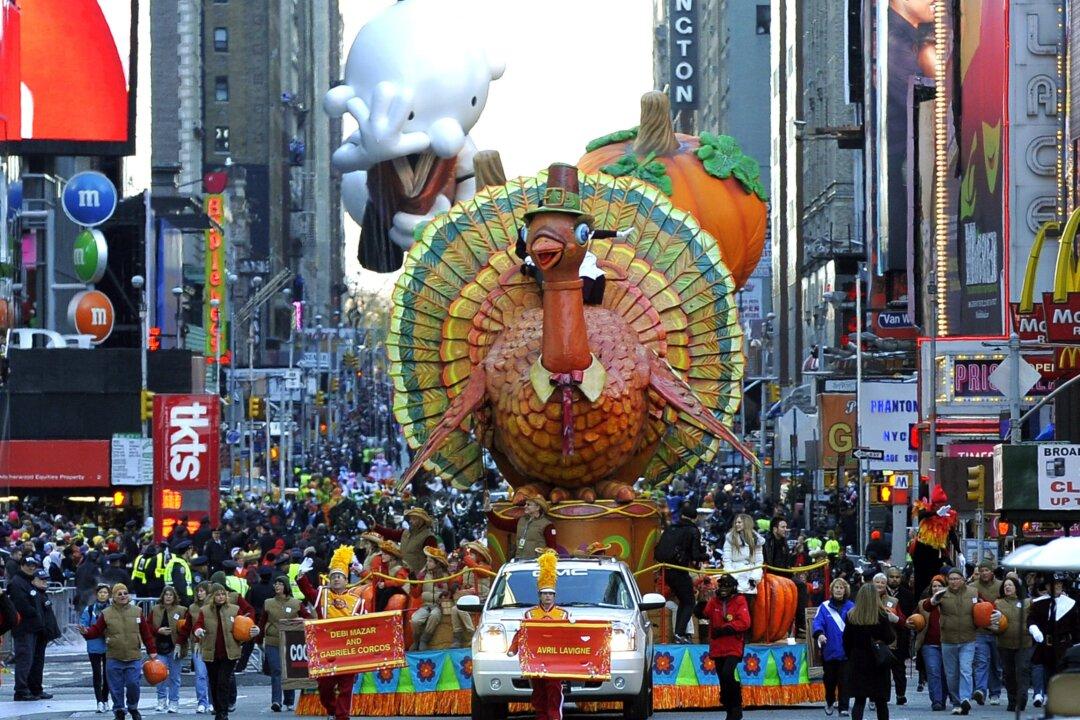Commentary
Thanksgiving is the quintessential American holiday, fusing the secular and the sacred—the synthesis of the Greco-Roman and Judeo-Christian worldviews that has shaped our national identity.


Thanksgiving is the quintessential American holiday, fusing the secular and the sacred—the synthesis of the Greco-Roman and Judeo-Christian worldviews that has shaped our national identity.